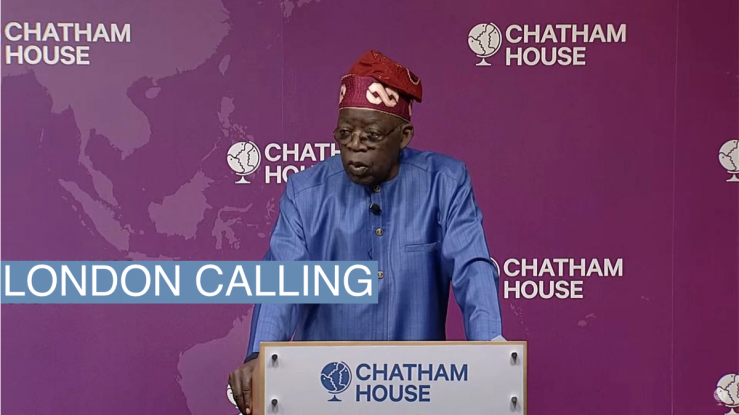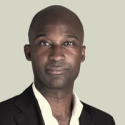The News
As wheeling and dealing ramp up ahead of Nigeria’s presidential election on Feb. 25, the place to be is… London.
The governors of five southern states that traditionally support the main opposition People’s Democratic Party (PDP) met there last week.
People with knowledge of the talks said they discussed switching allegiance from PDP candidate Atiku Abubakar to one of the other two main challengers — a move that could scupper his chances of winning.
In this article:
Alexis’s view
The outcome of the meeting is not clear, with conflicting reports emerging in the Nigerian media, but their meeting is part of a pattern in which key campaign developments have taken place in London over the last year.

Bola Tinubu, candidate for the ruling All Progressives Congress, spent several weeks in London through 2022 during which he held private meetings with key Nigerian governors, senators, ex-ministers, and strategists, according to political insiders. Tinubu’s camp has firmly denied media reports that the 70-year-old sought medical treatment for an unspecified ailment during his visits.
Last month Tinubu gave a high profile speech at London think tank Chatham House which was scrutinized by Nigerian media; he also made time for a short sit-down interview with the BBC. He has granted few such interviews at home in Nigeria. Two other candidates, Peter Obi and Rabiu Kwankwaso, will also give speeches there later this month, as will the head of Nigeria’s electoral commission.
Nigeria has 93.5 million registered voters, making it Africa’s biggest democracy. But many of the pivotal deals are being brokered in London. The G5’s talks, for example, showed those governors are open to offers from other parties, giving them leverage in negotiations over who they back.
It might seem odd that so much power is concentrated in a city on another continent, but the reasons lie in history, geography and the resulting diaspora. The shared language from Britain’s colonial legacy makes it an easy place to visit, plus it’s a relatively short flight and in the same time zone.
Multiple waves of economic migration from Africa’s most populous country mean huge swathes of Nigeria’s political elite, and the upper middle class, have been educated in the UK and lived there. As a result, London has become home for many Nigerian entrepreneurs and dealmakers.
“The uptick of Nigerian politics in London is less about votes and more about fundraising,” said Alex Vines, African director at Chatham House. He added that the entrepreneurs often rotate their invitations, hosting a range of political figures to gala events to hedge their bets in the hope of reaping the benefits if people they backed enter government.
London is favored for being neutral territory where politicians can hatch deals out of the sight of the Nigerian media and most rivals.
Candidates are also keen to replicate the international exposure gained by the current president, Muhammadu Buhari, through a speech at Chatham House during his successful campaign in 2015.
I was in the audience when Buhari, a military ruler in the 80s who had failed in three previous presidential election bids, described himself as a “converted democrat.” That soundbite, reported widely by Nigerian and international media weeks ahead of the election, helped transform Buhari into a credible candidate.
Eight years later — after two terms of a Buhari administration during which the president spent five months of 2017 in London on medical leave — it’s no surprise those hoping to succeed him are queuing up to speak at the London think tank.
The View From Lagos
Abdulhameed Abubakar, managing director of Lagos based advisory firm Our Way Forward, said much of the attraction of London lies in it offering more opportunities for secret conversations because the large security teams that are common in Nigeria aren’t needed in London, reducing the chances of being overheard, and there is no fear of phone lines being bugged.
“When you have major power brokers and you need something from them, it makes sense to schedule a visit to the UK to coincide with one of their trips and try to arrange a meeting in a secure space,” said Abubakar.
“It’s also worth noting that Nigerian politicians rely very heavily on the campaign support they get from political analysts and campaign directors out of the UK. The preference is for the UK variety, as opposed to the American variety,” he said.
Room for Disagreement
Amaka Anku, Africa director for political risk consultancy Eurasia Group, said London’s perceived importance was “overrated.” She described it as “a nice, and importantly neutral, place to have meetings” but added that Nigerian politics is fundamentally “hyper-local.”
“What matters is what the key local leaders think and who they’re willing to bat for,” said Anku.
Dubai, where Atiku has spent much of his time during the campaign, has emerged as a popular alternative to London for Nigerian politicians to build a base and hold meetings, according to political insiders.

